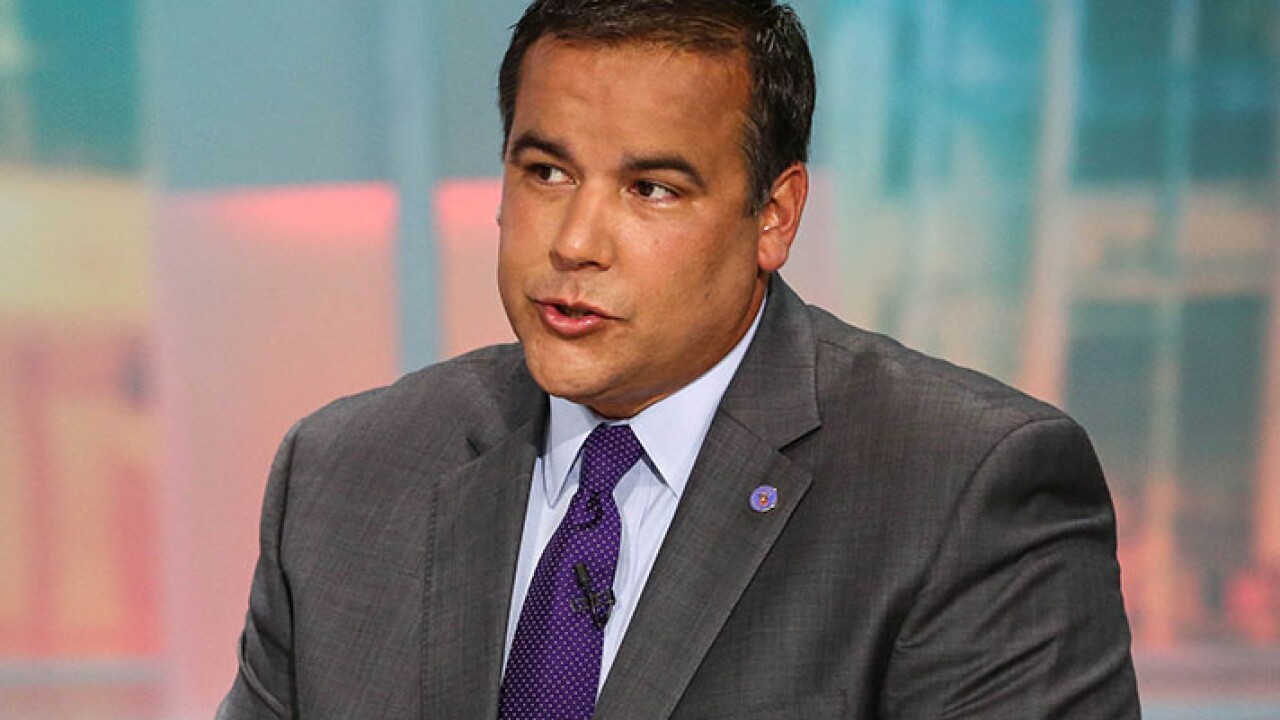Cornell University's plans to establish an applied-sciences engineering campus in New York City should enhance the school in the big picture despite anticipated credit risks in the short-to-medium term, according to a major rating agency.
"We anticipate that this joint venture will likely be a long-term credit positive for Cornell," Moody's Investors Service said after Mayor Michael Bloomberg on Monday announced a partnership with Cornell and the Technion-Israel Institute of Technology to build a two-million-square-foot center on Roosevelt Island in the East River.
Moody's, which rates the Ivy League university Aa1, said an expected splitting of the campus construction into multiple phases would mitigate construction and startup costs. It plans to issue an opinion on the long-term rating impact of the project after it reviews the transaction.
Cornell, whose main campus is in Ithaca, N.Y., received a $350 million gift on Friday from alumnus Charles Feeney to establish the campus and support operating expenses. Feeney, a 1956 graduate, co-founded travel retailer Duty Free Shoppers and is founding chairman of Atlantic Philanthropies.
New York City will provide $100 million in capital to assist with site infrastructure, construction and related costs. The city's GOs are rated double-A by Moody's as well as Fitch Ratings and Standard & Poor's.
The announcement at Weill Cornell Medical College marked the first big milestone in a Bloomberg initiative that seeks to increase the city's capacity for applied sciences. Cornell and Technion envision housing for as many as 2,500 students and nearly 280 faculty members by 2043. Before construction begins on Roosevelt Island, the schools plan to open an off-site location by 2012, with the first phase of the permanent island work to begin by no later than 2017.
Cornell and Technion, which is based in Haifa, Israel, have agreed to a 99-year lease for the Roosevelt Island site, with an option to purchase the land at the end of the term for $1. The schools say the proposed first-phase academic building, if completed today, would be the largest net-zero energy building in the eastern United States.
The city said discussions about additional partnerships are ongoing with other respondents, including Carnegie Mellon University, Columbia University and a New York University-led consortium. An analysis by the New York City Economic Development Corp. projects the new campus will generate more than $23 billion in overall economic activity over three decades.
Last week, Stanford University withdrew, saying its trustees determined "it would not be in the best interests of the university to pursue the opportunity."
Moody's, which rates Stanford Aaa, said the West Coast university "faced the risk that its proposal would lead to project cost escalation and development complexity in the most densely populated city in the U.S., a city with which it has no previous campus presence." Had Stanford failed in such a venture, "the university's reputation, resources and strategic focus would have been diluted," Moody's added.
But Cornell already has a city presence that includes Weill Cornell Medical College, Cornell Cooperative Extension-New York City and other programs. Thus, "Cornell already has a large number of employees and alumni living in New York City and a vested interest in economic development in the city," Moody's wrote.
Cornell has not sold any bonds in 2011 but did four deals in 2010 amounting to $533 million, three of them through the Dormitory Authority of the State of New York, according to Thomson Reuters.





